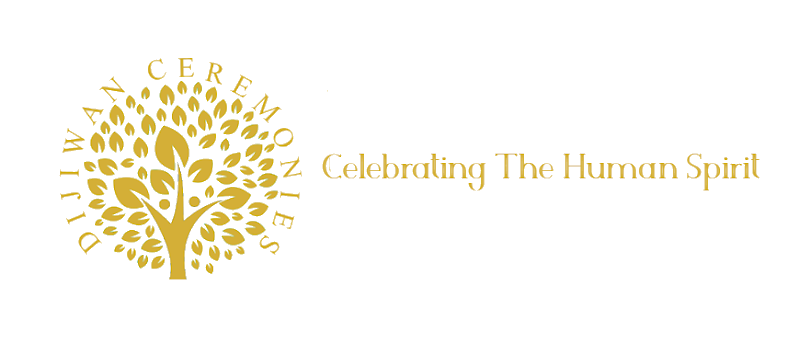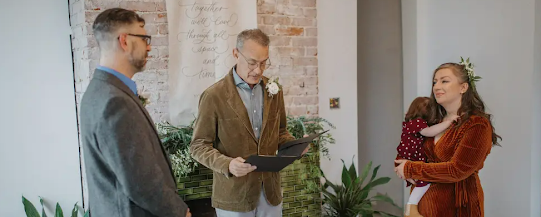The Reverend Tom Hanks
Did you know that Tom Hanks is an ordained minister? Although he is Greek Orthodox, a faith he has taken on with his wife, Rita Wilson, he is not consecrated in that church. Instead, like many, many, many people, he was ordained by the Universal Life Church (ULC). This is a common and valid way that many officiants get their start, as the ULC is recognized in nearly every state (there are some legal issues in Tennessee in particular) for the purpose of solemnizing a marriage. All someone has to do is go to one of the ULC websites, submit their information, and they are ordained. No seminary or ecclesiastical deliberation. That is not, however, how I have chosen to operate.
Earlier in life it was my intention to go into full-time ministry, and so that is the path I pursued. While attending college I did supply preaching in Missouri and served churches in that state and in Arkansas on a regular basis, ultimately completing a Bachelor of Ministry degree through Harding University and being ordained the day after graduation by the elders of an independent Christian Church. I went on to serve as a missionary in Brazil and then as a minister in New Mexico before beginning my transition into technology. I am currently a program manager working in streaming tech.
Over the years I have continued to learn and reflect, and have come to favor reason over faith, and compassion over exclusion. Several years ago I joined the American Humanist Association, and in 2017 I was first endorsed by the Humanist Society as a celebrant. Unlike the automatic, online ordination of the ULC, the Humanist Society gathers information from the candidate which is then carefully reviewed and then decided on by the board of directors of the society. Endorsement is for a fixed period, and to renew the celebrant must have officiated a certain number of ceremonies (of any kind) during that time.
The difference that this makes in legal terms is small, but it can make a big difference in quality. While the Humanist Society is to be recognized in every jurisdiction, including Tennessee, the ULC is more contested. Still, for the most part ULC ministers can officiate weddings legally in the United States. What is of significance here isn't the legality. Of course it can be great to have a cousin ordained to officiate your wedding! Maybe they are great public speakers and have the self-assurance to make it good, if that matters. There are also plenty of well-qualified officiants with great reviews listed on various wedding websites. It all depends on what you're looking for.
When you engage with a Humanist celebrant for their services, though, you are getting someone who has been endorsed for their qualifications, and who has agreed to a code of professional conduct. In my case, you'll have someone with education and experience and ministry. On top of that, I'm presently studying for a Master of Divinity, which is the standard graduate degree required by many denominations.
Helping your family mark key milestone events of life is not something I take lightly, nor do I see my role as solely a legality. As a Humanist professional I seek to be present for people to honor our shared humanity and highest ideals, and if possible to provide a helping hand.
Again, there's nothing at all wrong with having a ULC minister help you celebrate your special day, especially if you somehow manage to get Tom Hanks! Otherwise, if you're in New Jersey, please feel welcome to contact me.
ICYMI: America's Dad (and ULC Minister!) @tomhanks shared his experience officiating a wedding on @LateNightSeth pic.twitter.com/dK0GI5jQ9v
— Universal Life Church (@ulcmonastery) June 22, 2022

